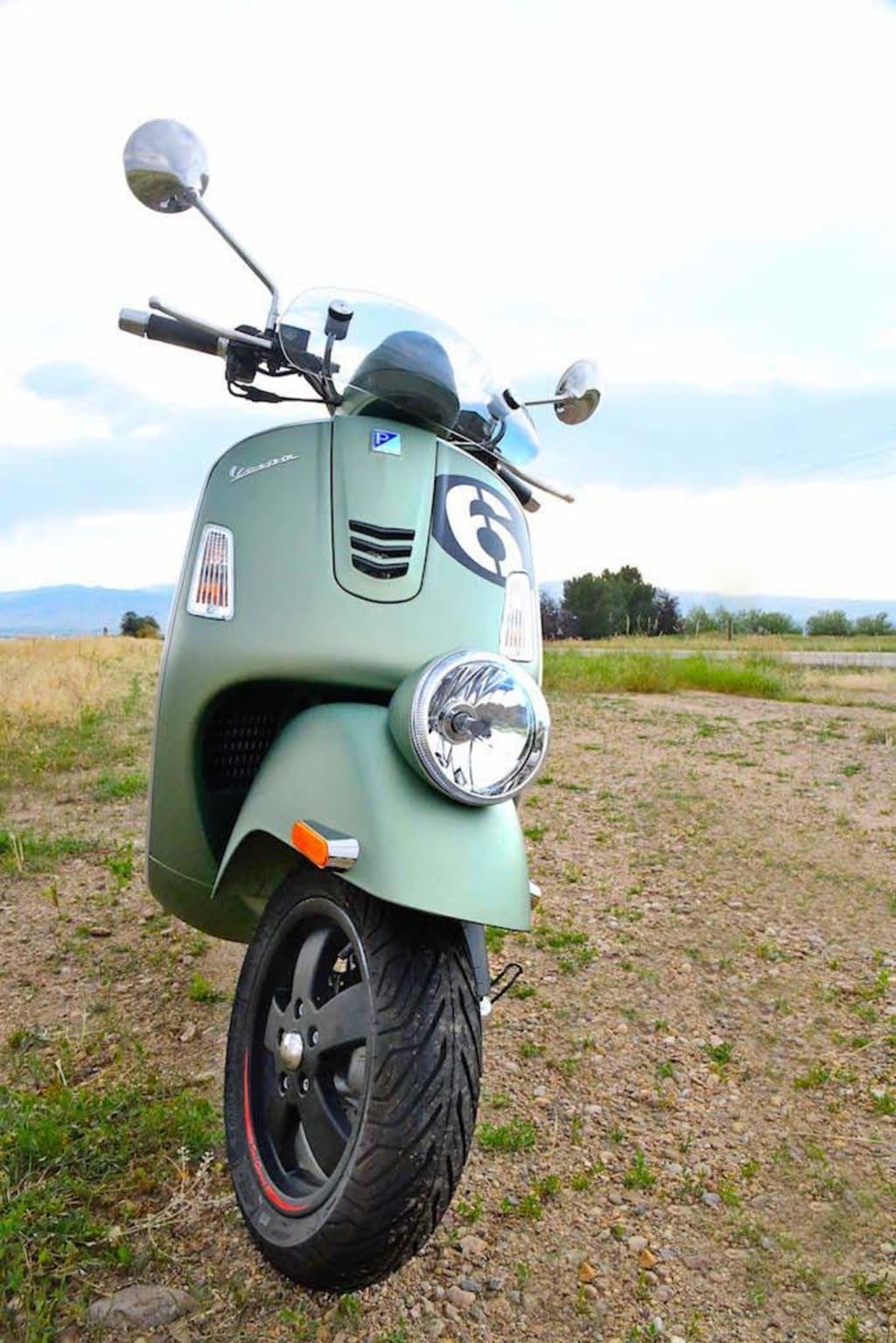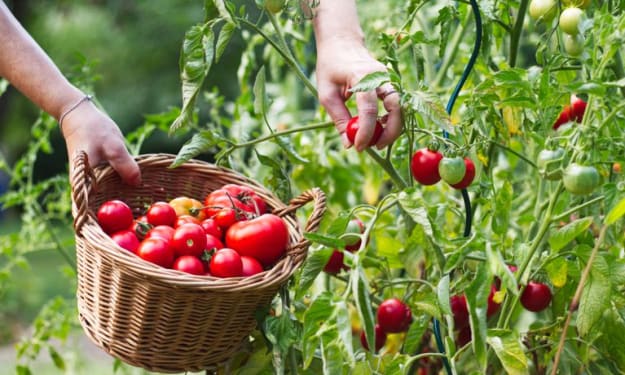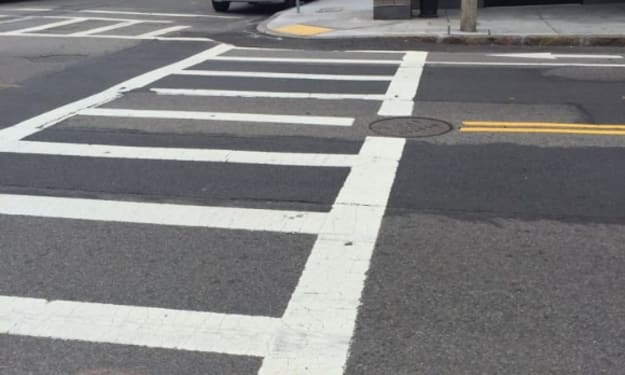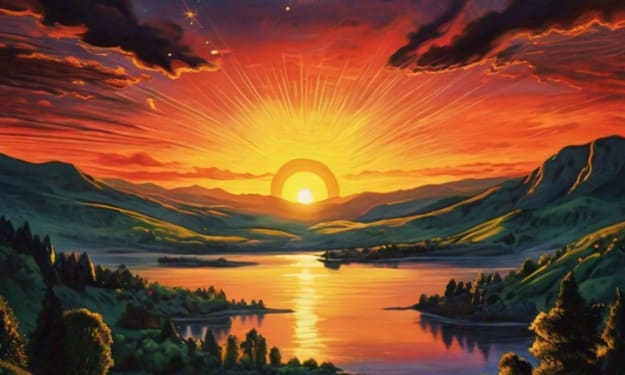
I told her I had a motorcycle. What was I thinking? She was going to laugh when she saw my Vespa, a glorified liquor-cycle, as we used to call them. I don’t know how to drive a motorcycle, but my aunt had this scooter she used to zip around the neighborhood in Alexandria, Virginia. I thought it would be good on gas and could get me out of town.
Daisy and I pack our things in the camping section of Walmart, shoving protein rich bars and packs of trail mix into our backpacks. We take a two-person tent which just about fits in her pack, which she’ll have to wear because the storage compartment of the scooter is full of my stuff. I hope we can balance and I don’t tip us. That would suck.
We walk out into the parking lot, which at 10 a.m. is both empty and scalding hot. The scooter is parked on the sidewalk near the door. I head that way and Daisy stops.
“Jack. That. Is not. A motorcycle.”
“I know.” I shrug. “I don’t know how to drive a motorcycle,” I admit. “This is pretty easy to operate.”
“Will we both fit?” she asks.
“Yeah! I mean, I think so.” Daisy looks like she couldn’t top out at a hundred pounds. There’s no way she’s 16. She catches me looking at her.
“I’m small for my age.”
“Right. Well, my stuff barely fits in here,” I kick my foot at the storage compartment. “You’ll have to wear your pack.”
She shrugs. “As long as the thing will carry us all, I don’t care.”
I climb on and she hesitantly climbs behind me, adjusting her backpack before wrapping her arms around my middle. We don’t have helmets but there isn’t any traffic. As long as I don’t tip us over, there shouldn’t be any issues. Since the pandemic caused most people to die in their homes, the streets are pretty empty.
I give it some gas and we pull off, wobbly at first as I’m not used to the extra weight, but we soon find our rhythm and are cruising along.
“Can’t this thing go any faster?” she shouts above the whine of the engine.
“It beats walking. In a hurry?”
“I guess not.”
For the next several hours, we scoot along the interstate toward the North Carolina mountains. We stop for lunch and to gas up. There are no people at the gas station and since we have no credit cards, we have to go in and figure out how to turn on the pump. After we’ve gassed up, we eat some gas station fare of beef jerky and Twinkies.
“Where in the mountains are we going?” Daisy asks me between bites of her Twinkies.
“Don’t know. I figured I might look somewhere around a ski resort? Maybe there will be nice second home cabins that are empty—that no one died in.”
“Do a lot of skiing?” Daisy asks.
“Yeah, some. Do you? Did you?” I correct myself.
“Not really. My parents were teachers. Not a lot of expendable cash for ski vacations. What about your parents?”
“My dad was a surgeon. My mom was a pediatrician.”
“Both doctors. You probably had lots of ski vacations.”
I don’t like her tone. “Yes, we did.” I don’t say anything else. What does it matter now? My parents had a ton of money and hers didn’t. They were all dead.
“Come on. Let’s go.” I gather up my trash and put it in the trash can. I think about how absurd it is that I’m putting away my trash. No one is going to come and empty this trash can.
Daisy shoulders her pack and we get back on the road.
We make it to the mountains by nightfall. I drive us straight to the Sugar Mountain Inn. I park the Vespa outside in the circle drive and we eye the inn.
“I don’t want to go in there,” Daisy says. “It doesn’t smell so good.”
“People probably got sick on vacation. They probably died here.” People who got the virus were often dead in under a week.
“Let’s just sleep outside. Just for tonight. We can explore tomorrow, in the daylight.”
I shrug. “Fine by me. Where?” It was dead summer, so we didn’t have to worry about the cold, but there were probably a lot of animals exploring due to the lack of humans.
“In the woods a way. That way no one will see us.”
I pull my stuff out of the Vespa and we head into the woods. After about 30 yards or so, there is a bit of a clearing that was flat without a lot of roots. We pitch the tent there and settle in for a dinner of protein bars and trail mix. I hang a battery powered lantern from the hook in the center of the tent.
“You know, just because my parents were rich, doesn’t mean anything. My sister was a heroin addict. That’s why she had no chance of surviving the virus.”
“How did—why heroin?”
“She tore her ACL her senior year playing soccer. She got hooked on the pain meds, opioids. After the doctor wouldn’t prescribe her any more, she went to some dealers, found out heroin was cheaper. And that was that. My parents were about to divorce. It wasn’t all that great.”
“I played soccer,” Daisy says, as if she didn’t know how else to respond to all of that information.
“What position?”
“Forward.”
“Me too.” Our eyes met and I smile. She smiles too and looks away.
“Did you get sick?” she asks me.
“Yeah. I got really sick.”
“Me too.”
“Do you wonder why you survived?”
“Yeah. I do.” There didn’t seem to be anything else to say after that. We both go to sleep.
The next morning, we leave the tent in search of a house that is unoccupied. I choose the first couple to check out. They are mansions disguised as mountain cabins, but each one is occupied by dead bodies. Noses wrinkled, we back out of the third one.
“I think we’re going about this wrong,” Daisy says. “What if the power fails? We don’t want to have to use a woodstove or fireplace to heat a 3,000 square foot house. We need to find something smaller.”
Two miles from the inn, she points. “There! That’s the perfect size.” I pull into the driveway of a small cabin, probably only 1,000 square feet.
“It’s really small,” I say.
“There’s only two of us. We don’t need big, trust me.”
We head up to the front stoop and try the knob. It’s locked, which is a good sign that no one was home when the pandemic hit. Maybe. I reach up over the door frame and feel for a key. Nothing. Daisy checks the landscaping around the front of the house and spies a fake rock. She opens it up and a key rests inside.
“Sweet!” she says, grinning. She unlocks the front door and we cautiously poke our heads inside. There is no smell of decay, so that is a good sign. We check each room and there is no sign of anyone. I flip on some lights and there is still electricity. She’s right though. I don’t know how long that will last.
There are two bedrooms, a small living room, an eat-in kitchen and a screened in back porch. The porch overlooks a medium-sized creek. If the power goes out, we’d have water for cooking and bathing.
“What do you think?” I ask her.
“I think it’s perfect.”
It looks like we’ve found a place to stay.
About the Creator
Jen Mearns
I've been writing for fifteen years and have published many articles online, as well as my fiction on Amazon. I find it fulfilling to know that people are reading my stories. Writing is a passion, not a job.
Enjoyed the story? Support the Creator.
Subscribe for free to receive all their stories in your feed. You could also pledge your support or give them a one-off tip, letting them know you appreciate their work.






Comments
There are no comments for this story
Be the first to respond and start the conversation.